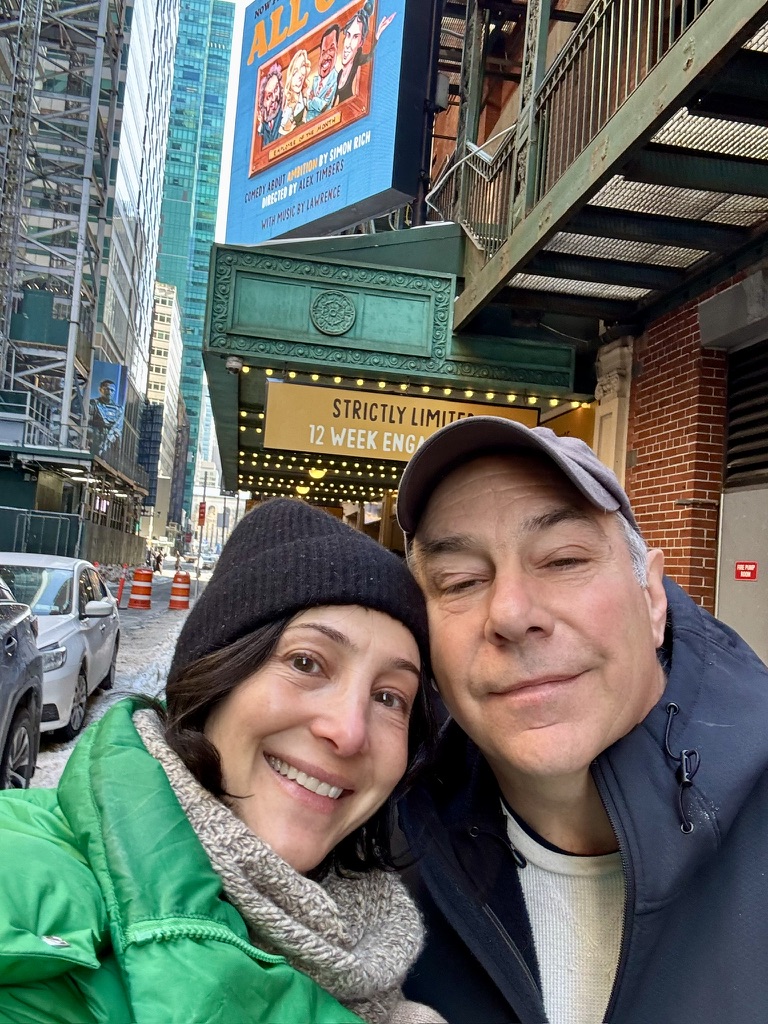My favorite literary agent in the whole world (and one of my favorite people in the world) is Taryn Fagerness. I am proud to call her my agent and my friend. She is a brilliant professional and my hero.
Hero? Heroine? I don’t know. I think hero sounds better, but if she likes heroine, that would be fine, too.
Either way, despite my supreme adoration for Taryn and my assumption that all other literary agents pale in comparison, I recently discovered that there might be one or two other agents in the world who pass muster, including Nathan Bransford of Curtis Brown, LTD. Though I don’t know him personally, I’ve begun to read his blog and have become an instant fan, not necessarily for his literary agent superpowers (of which I have no knowledge), but for how he consistently brings interesting stories from the publishing world to my attention.
It’s become a blog that I read every day.
Recently, Bransford wrote a post about the excruciating pain of waiting.
I understand his pain.
As a writer, waiting can be the worst. Waiting for your book to sell, your agent to read your manuscript, or your wife to read the latest chapter is torture. Unlike the athlete or the musician, whose performance is instantly recognized and appreciated by fans, an author’s efforts remain unseen by most readers for more than a year after the words have hit the page.
This is bad enough. But waiting for an editor, an agent, or even your loving spouse can be brutal. Reading takes time, and people are not available at the drop of a hat, but I often wish they were.
Bransford says it best when he writes:
“The frustrating thing about submitting to agents and editors is that there’s nothing you can do about it. Once you hit send, you’re at their mercy. The stress of always wondering if today is the day you’re going to receive good or bad news, of always sneaking peeks at your e-mail, and trying to be cool and composed in front of the people who are invested in your work, and hearing all those nos before you get your yeses…. it’s a steady stress that wears you down.”
Amen, brother.
Last summer, I was waiting for my publisher to make an offer on Unexpectedly, Milo. The interminable wait to hear if I was to be more than a one-hit-wonder was bad enough, but my wife’s decision to teach during the subsequent school year was tied into this delay. A good offer on the book meant that she could stay at home with our newborn daughter for another year. Otherwise, we would be forced to navigate the complex and potentially heart-wrenching waters of daycare.
A change in staffing and restructuring departments within the publishing house delayed the offer, making our wait even more excruciating. Eventually, my wife and I were forced to hope for the best and submit her request for extended maternity leave, unable to wait any longer lest her teaching position end up unfilled.
A stressful time indeed.
Ultimately, everything worked out just fine, but Brandford is correct when he asserts that waiting is the worst part.
I’d take a bad day at the keyboard over a single day of waiting any day.


